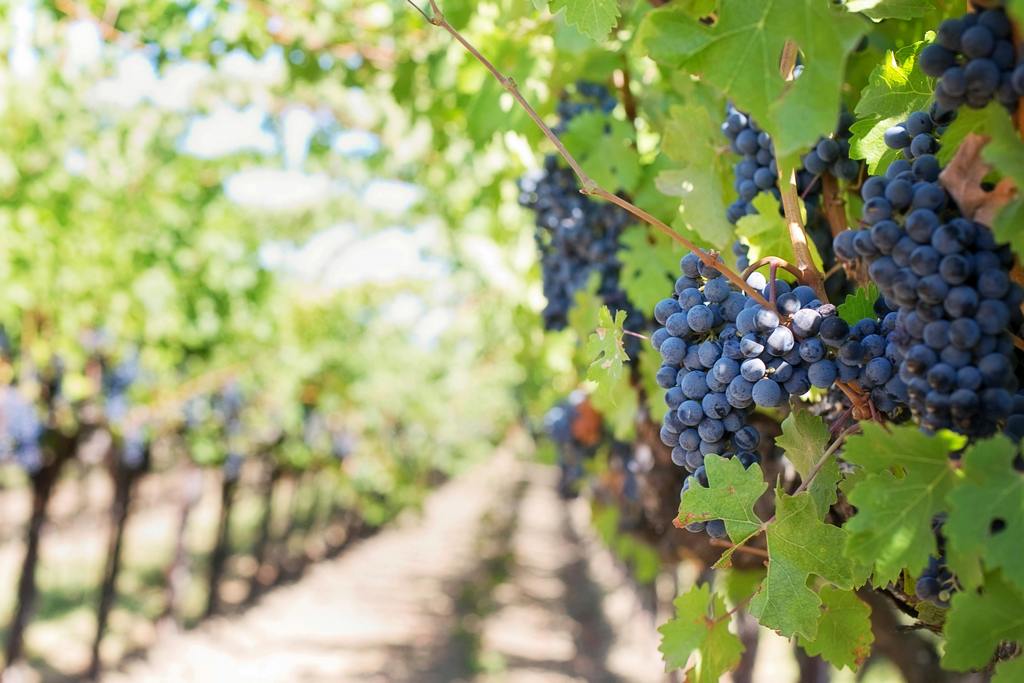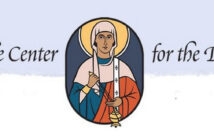Source: Public Orthodoxy
Chris Durante
Associate Professor, Theology Department, Saint Peter’s University
As Orthodox Christians prepare for Easter by partaking in fasting this Lenten season, we ought to pause to reflect on the ways in which this practice, in addition to being a source of spiritual renewal, can serve as a source of social transformation and ecological restoration. In order to ameliorate the ecological crises we currently face, that which Ecumenical Patriarch Bartholomew I of Constantinople, long known as the “Green Patriarch,” asks “of us is not greater technological skill but deeper repentance, metanoia, in the literal sense of the Greek word, which signifies fervent ‘change of mind’ and radical transformation of lifestyle.”[1] With its focus on consumption, I believe the Orthodox Christian practice of fasting is an area where Orthodoxy may enter into dialogue with the growing field of food ethics and begin to enact the “radical transformation of lifestyle”[2] that Patriarch Bartholomew implores us to undertake as the foundation of a more ecological mode of living in the world.
But what is fasting and what is its purpose? Within Orthodox Christianity fasting consists of abstaining from most animal products, including meat, poultry, fish and dairy, and is seen as an askesis, or spiritual exercise, that engages the biological, psychological, spiritual and social aspects of who we are as persons and communities. St. Basil the Great referred to fasting as an exercise of continence that is to be pursued communally and which ought to contribute to the welfare of the whole community[3]. In addition to cultivating the virtues of temperance and prudence on both personal and communal levels, fasting has enormous ecologically beneficial consequences as well. As such, fasting may be thought of as one way to perform the types of ecological metanoia that Patriarch Bartholomew calls upon us to engage in.
But why the focus on the ethics of food? As I have noted in an earlier essay, agriculture has succumbed to the pressures of the current neoliberal economic paradigm’s obsession with overspecialization and insatiable growth. As a result, industrial agriculture transformed farming from a career with a life-sustaining focus to one that is now heavily contributing to the ecological crises we face. Agriculture is one of the largest producers of carbon emissions, far exceeding even automotive emissions, due to its use of heavy machinery and poor land use practices; it is an industry that is deteriorating soil quality due to a lack of crop diversity and excessive tilling practices; it is a contributor to desertification and deforestation by turning forestlands into farms; and, agriculture is one of the largest contributors to water-waste as a result of turning deserts into farmlands, amid other reasons. For instance, the agricultural industry overproduces crops such as corn and sugar so that they may be unnecessarily added to foodstuffs, such as bread and canned tomatoes, at the behest of interest-groups representing these industries. Not only is this horrible for human health but practices such as this have drastically reduced crop diversity over the past one-hundred years, which in turn has caused widespread erosion of topsoil and a large-scale depletion of nutrients from the soil that is leftover, which then significantly diminishes those lands’ fertility. Add to this excessive tilling of topsoil and the overuse of harsh chemical fertilizers, and it becomes easy to see the reasons why monocultural industrial agriculture is a leading contributor to the ecological crises we are currently experiencing.
What has happened to the mainstream agricultural industry is a shame because agriculture was a profession that Saint Basil believed was noblest of all, since it provides the necessities of life[4]. Unfortunately, like almost every other type of livelihood in the twentieth and twenty-first centuries, with farming and food cultivation having succumb to the pressures of the economic system’s demands for overspecialization and perpetual growth, farming is no longer a practice that necessarily contributes to local prosperity and empowerment, as it has transformed from a community-building venture into the food production arm of the global capitalist system. Nowhere is this more evident than in the case of meat production. Corporate food production conglomerates are constantly creating Concentrated Animal Feeding Operations (CAFOs), colloquially referred to as “factory farms,” in order to produce enough meat, often beef, to meet rising global demands as a result of the proliferation of the “Western,” or “American,” diet along with modernity’s excessive consumerist lifestyle; both of which are major contributors to environmental degradation. The restoration of the physical and ecological health and vitality of degraded ecosystems may be partly attained through routine and collective fasting periods in which people both abstain from particular foods and also come to embody the life-oriented and regenerative dimensions of fasting as an askesis that engages the ecological and social aspects of who we are as both individual persons and as communities.
Orthodox Christians ought to realize that fasting is a rich resource for ecological activism that today’s secular food movements, such as “Meatless Mondays,” inadvertently seek to imitate when they call for periodically abstaining from animal products throughout the year. This is because there are enormous environmental benefits to abstaining from the consumption of animals on collective levels in that it would drastically reduce our output of greenhouse gas emissions, reduce the slaughter of animal life, and create a demand for a diversity of vegetative life which can assist in retaining genetic diversity as well as soil fertility. However, one of the major problems with these secular forms of “fasting” is that they are unable to adequately affect a business’s production or output of animal products in that they do not occur for sustained periods of time and are not institutionalized and hence, become unpredictable from a business’s point of view. On a socio-economic level, communal fasts, such as those found within the Orthodox Christian ecclesiastical calendar, are predictable, and hence can be accounted for, enabling producers to actually anticipate their own need to reduce their output during these periods so that they will not experience an economic shock to the functionality of their business. If, in solidarity with Orthodox Christians, all Christians regularly partook in the strict fasting periods of the Orthodox ecclesiastic calendar, business’ catering to the Christian community would be able to calculate this into their business models ahead of time and hence, would be aware of the decreased demand for animal products, thereby ordering less from their suppliers, who would in turn anticipate such a decrease in demand and may alter their production practices.
In addition to enacting socio-ecological change, by fasting and engaging in periods of eating more simply and mindfully we can better appreciate the value of food itself and better prepare ourselves to venerate the Source of life’s vitality. This is why it is so important for Orthodox Christians to avail themselves of foods cultivated bio-dynamically and regeneratively so that by our consumption practices we perpetually contribute to the regeneration and renewal of life rather than becoming accomplices in causing the destruction, death, and illness of the life of ecosystems and the myriad creatures who dwell within them. This is especially true when it comes to regenerative farming, because this type of completely organic and no-till farming, in which neither poisonous chemicals nor harsh treatment of topsoils is used, has actually proven effective at restoring the productive vitality of lands that have experienced desertification and soil fertility degradation.
As we once again find ourselves in this great and holy season of Lent reflecting on our food choices, what better way to prepare for and anticipate the paschal Anastasis, or Holy Easter resurrection, than by attempting to embody modes of consumption that directly contribute to the renewal and rejuvenation of the ecosystems from which we derive our life-sustaining nourishment.
[1] Message of Ecumenical Patriarch Bartholomew at the International Conference on Ethics, Religion, and Environment, University of Oregon, April 5, 2009
[2] Ibid.
[3] E.F. Morrison. St. Basil and his Rule: a Study in Early Monasticism (New York: Oxford University Press 1912), 111.
[4] Basil. The Long Rules. The Ascetical Works. The Fathers of the Church. M. Monica Wagner, C.S.C., trans. (Washington, D.C.: Catholic University of America Press, 1950), 312.
ABOUT AUTHOR
 Chris Durante
Chris Durante
Associate Professor, Theology Department, Saint Peter’s University




